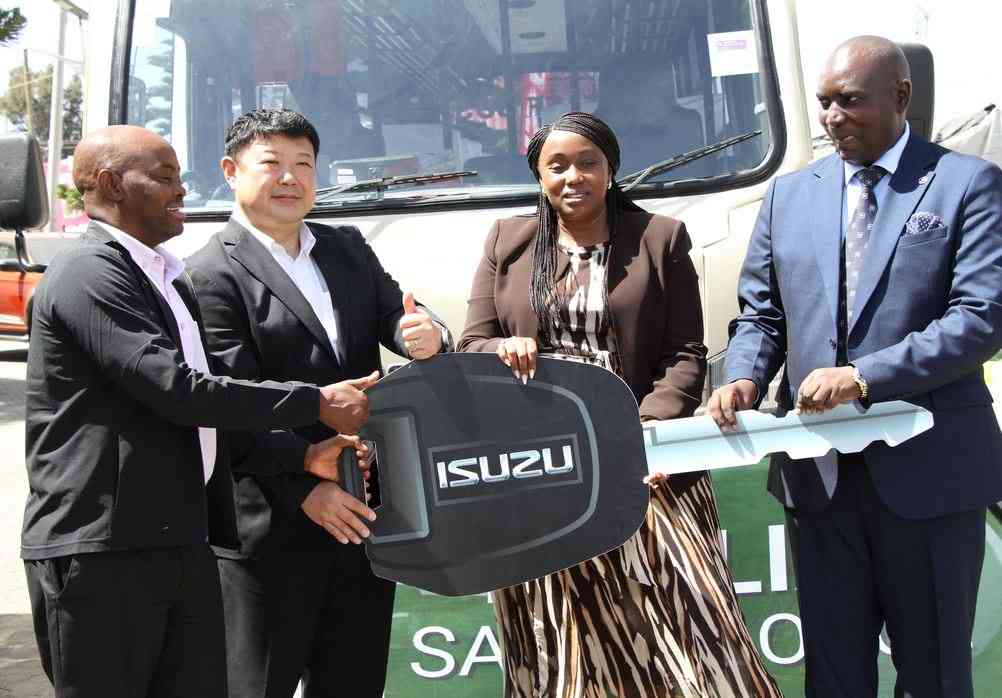×
The Standard e-Paper
Kenya’s Boldest Voice

The National Treasury last week unveiled the draft Government Transport Policy 2024, one that contains proposals similar to numerous others that the government has in the past tried to implement as it sought to cut costs, but with little success.
Some of the proposals by the Treasury include cutting the number of cars, including guzzlers, assigned to senior government officials and requiring all civil servants to fly Kenya Airways.







